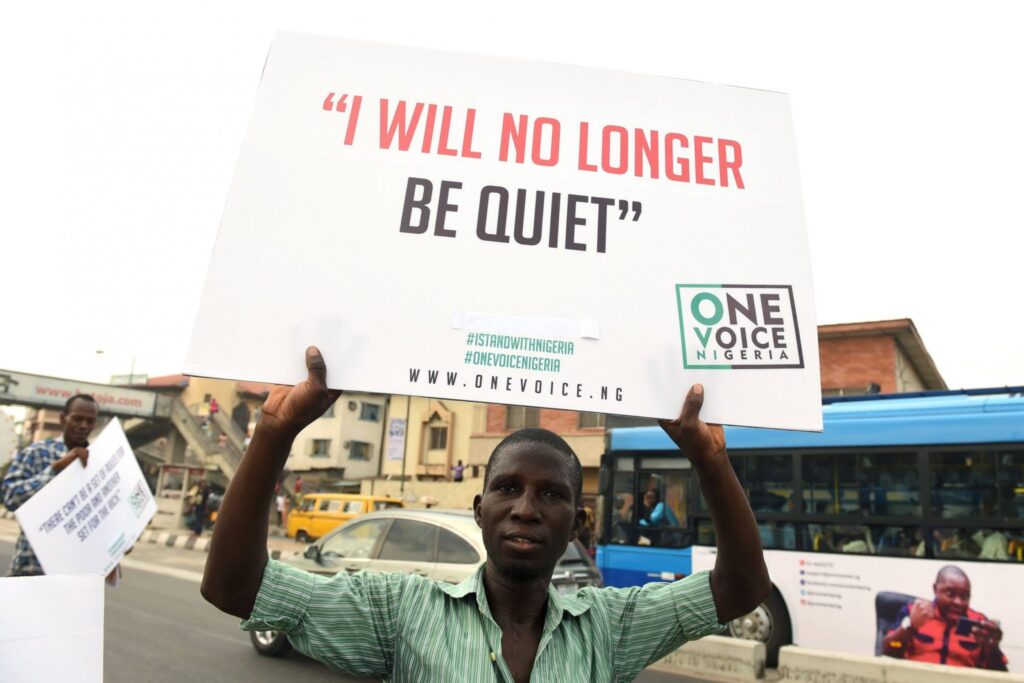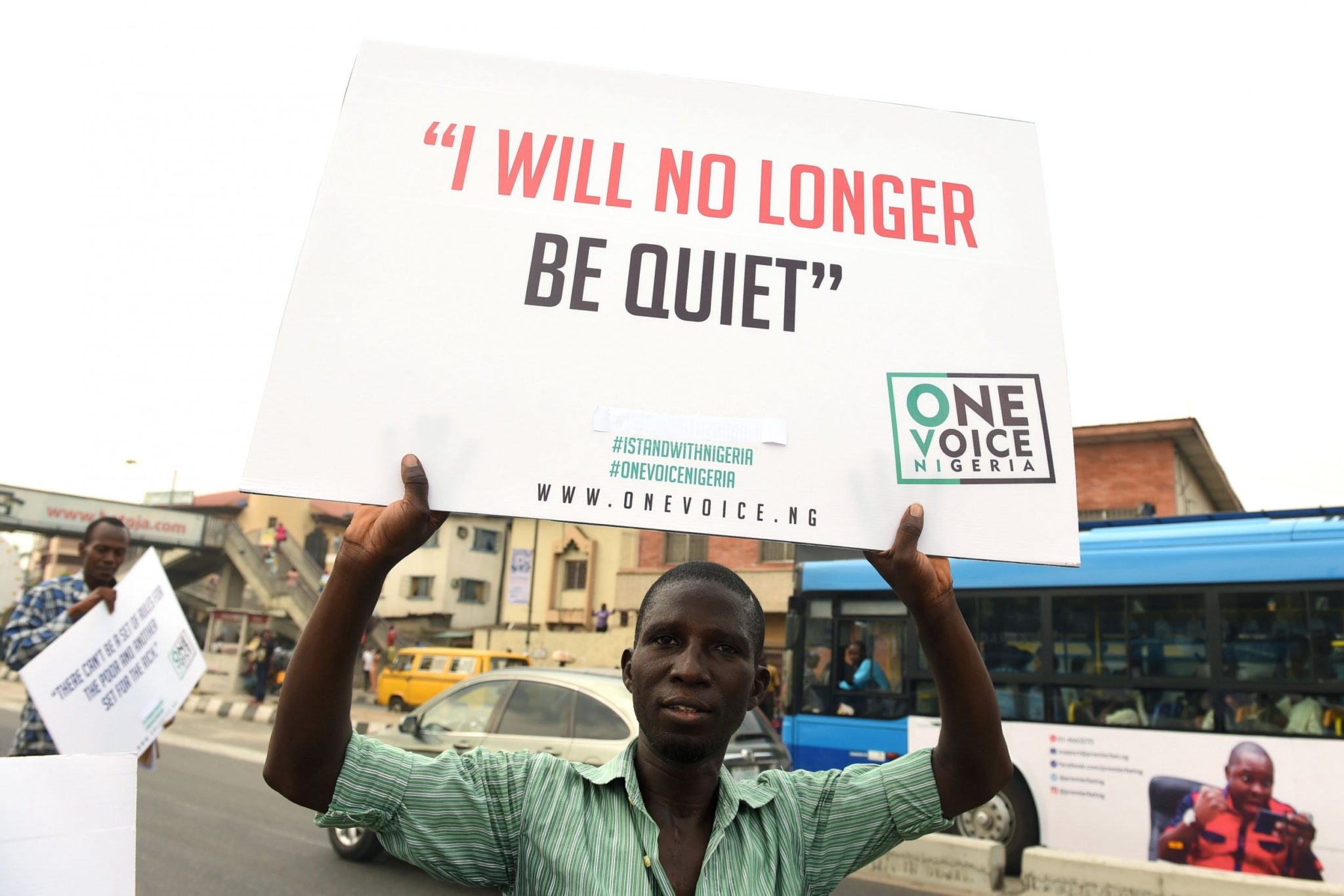
https://theelectionnetwork.com/2020/12/18/five-protests-that-shaped-civil-resistance-in-2020/
Protests and strikes against the establishment have always been a part of the political discourse. Be it the strikes of the university workers in the United Kingdom, the Shaheen Bagh protest, the Farmers’ protest in India and the Black Lives Matter protest in the United States of America (USA), they have all challenged the existing, dominant order.
Garfinkel in his studies has shown us how important social order is to the functioning of the society and how it is reproduced through actions and patterns which are recognisable (Rawls 2008). Thus, one can stress the imperatives of maintaining order. However, there is no definitive answer as to if maintaining order is always the best solution.
During all the protests that I have mentioned, the right-wing, conservative, capitalist class have always insisted upon maintaining order. In other words, they have always opposed ‘messing things up’. One can argue that messing up things, which can be interpreted as complicating things in the aforementioned context, is the act of adding nuance to the discourse of simplistic solutions to prevent the reproduction of the existing order. This act of prevention is often termed disruption.
In this article, I will try to draw on the relationship between the idea of order and right-wing ideology and then, elaborate on how protests mess things up for the right-wing world order.
Order in Right-Wing Ideology
Chip Berlet and Matthew N. Lyons (2016) highlight that the conservatives often insist on ‘stability and order’ (19). It is combined with their belief in capitalism and orthodoxy in general. What is important is to note how order and stability are considered relative here. By doing so, it implicitly defines anything that challenges order as ‘unstable’. Unstability has often been associated with a state of emergency like war or coup, thus, drawing on the fears of a change, which is negative.
Emphasizing the same, Hudson and Busseri (2012), find that attraction towards right-wing ideology comes from its promotion of ‘coherence and order’ (188). Order also means that every participant has a clear place and definite role to play. It stems from an insecurity that without order, people’s participation in the public and private spheres will be in jeopardy.
Let us take Trump’s attacks on immigrants and his promise of making America great again as an example of it. The American right-wing supporters believe that America is a white country and this order is being ‘messed up’ by the immigrants which results in less opportunity for them (whites) to participate in public affairs. Hence, making it great again means restoring order where average Americans (mostly white) will be able to reaffirm their place in society. The question that arises is that America has never been white, then how did Trump appeal to people? One plausible answer can be that order is viewed as the normalised, established knowledge. So, if most of the people in a position were racially white previously and now that has changed, people might see it as a disruption of order. It also provides us with a reason why left-wing organisations want to disrupt the order as order is nothing but a form of dominant knowledge.
In India, the Hindutva right-wing groups have been able to mobilise a country and come to power because they have repeatedly invoked the fear of the order being disrupted. What is the order? To answer that, one needs to explore what disrupts it. The non-Hindu minority groups and the progressive groups are the ones accused of disrupting order. So, the order is, simply, a majoritarian stratification of the public sphere where Hindus have a place which is higher than that of the minorities. The fear of losing the positions of power and significance where they can control the marginalised and weaker groups is seen as anti-order.
Messing up the Order
Protests and strikes often attempt to disrupt or mess up the normalised, dominant order. During the strikes of university workers in the United Kingdom, the teaching and non-teaching staff went on strike. Resultantly, the duties that they performed to maintain order and ensure stability ceased. Classes were cancelled as well as there were delays in marking assignments. This disrupted the schedule that was prepared for the year by the institutions. Thus, the strike messed up the intended order.
In India, Sharjeel Imam, a young activist called for ‘Chakka Jaam’ (Block the wheels) against the Citizenship Amendment Act, 2020. Chakka Jaam is a method where roads are often blocked, thus ensuring a mess in the form of traffic jams or where people are forced to select a different route. By doing so, the protesters wanted to disconnect access to a section of the territory. Similarly, the farmers’ protest occupied the Highway near Delhi, the capital of India. They wanted to disrupt the connectivity to and from Delhi, thus, changing the stable networks of communication. They intended to force the establishment or concerned authority into listening to their demands to reinstate order.
The idea of ‘messing up’ has a spatio-temporal aspect to it. Order can be maintained by access to space at each time. The access to a road while performing professional commitments or the access to results in a particular time frame can be viewed as order. Thus, messing up disrupts the timeline by limiting or terminally ceasing access to a facility or space. Furthermore, order can also be disrupted by contradicting the normalised views. Acts of protest like a celebration of Pride month are a way to mess up with dominant knowledge of the world or the world order in general. By taking space to disagree, one is breaking away from the order or in other words, messing up the discourse.
References:
Rawls, Anne Warfield. 2008. Harold Garfinkel, Ethnomethodology and Workplace Studies. Organization Studies. 29(5): 701-732.
Berlet, Chip, and Matthew N. Lyons. 2016. Right-Wing Populism in America: Too Close for Comfort. Guilford Publications.
Hodson, Gordon, and Michael A. Busseri. 2012. Bright Minds and Dark Attitudes: Lower Cognitive Ability Predicts Greater Prejudice Through Right-wing Ideology and Low Intergroup Contact. Psychological Science. 23(2): 187-195.
***
Rishiraj Sen is an independent researcher. He has a masters from the London School of Economics and Political Science (LSE) in Human Rights and Politics.
